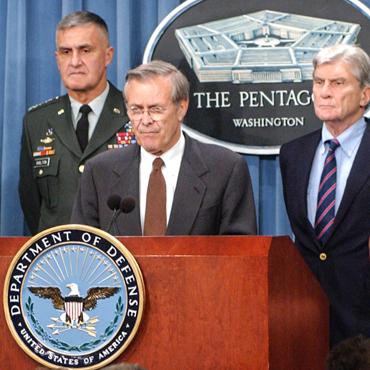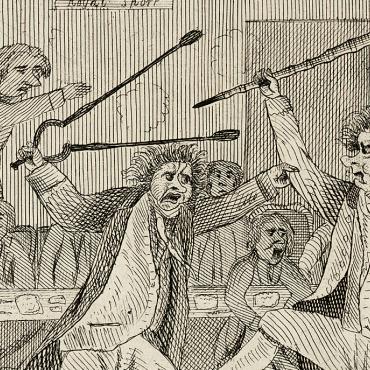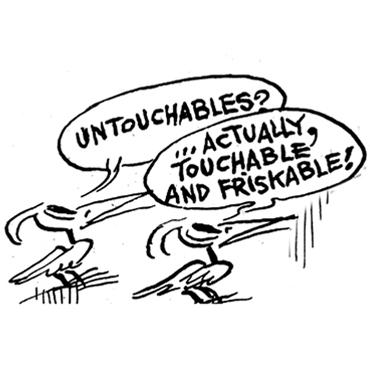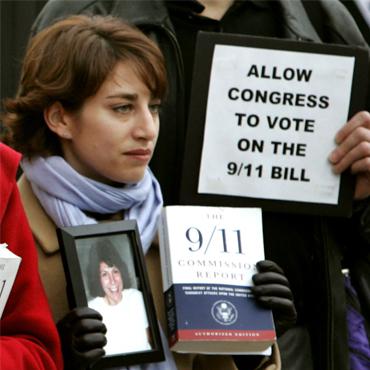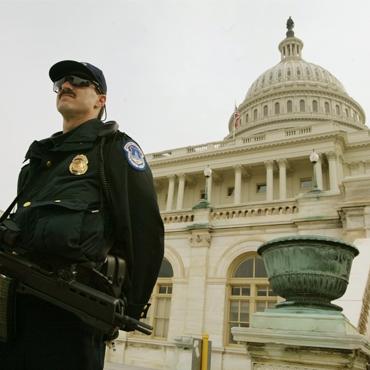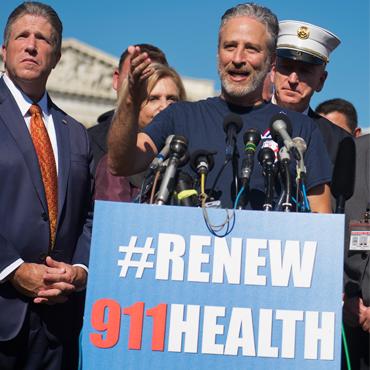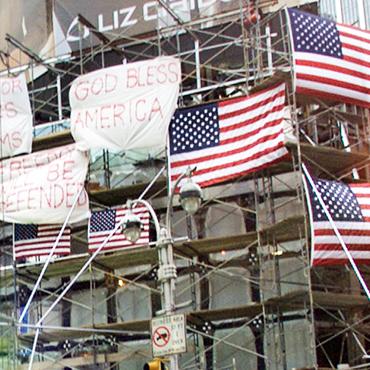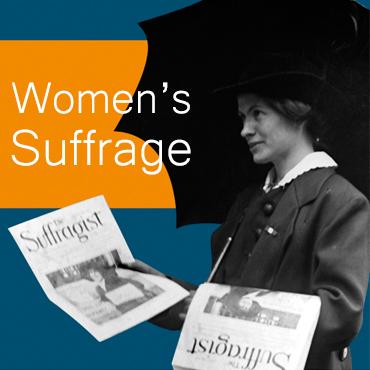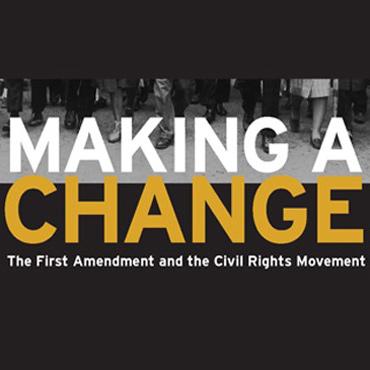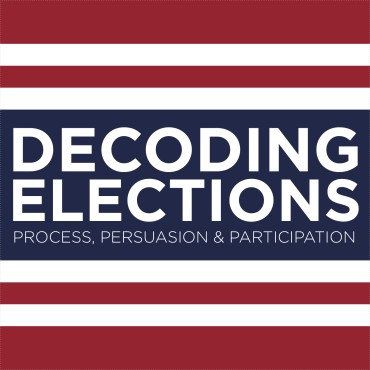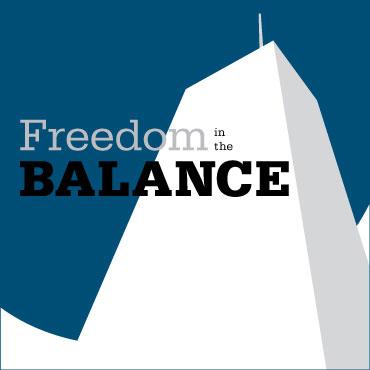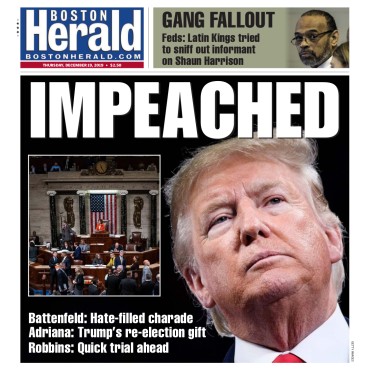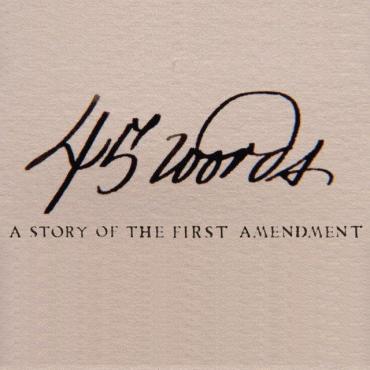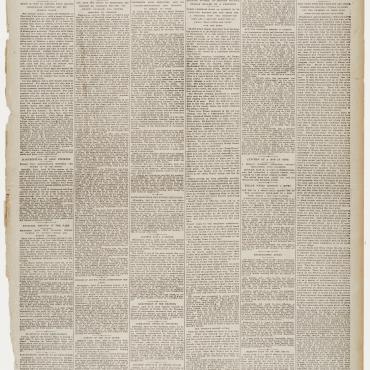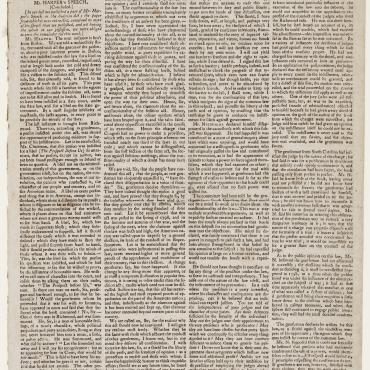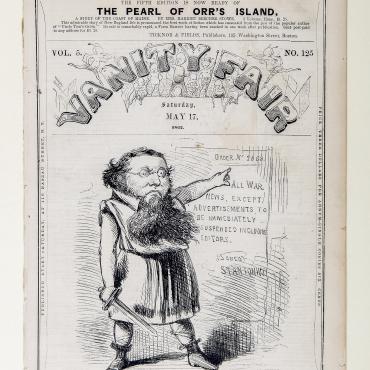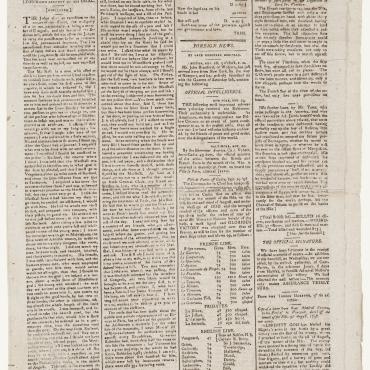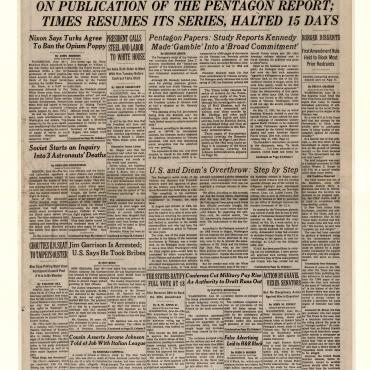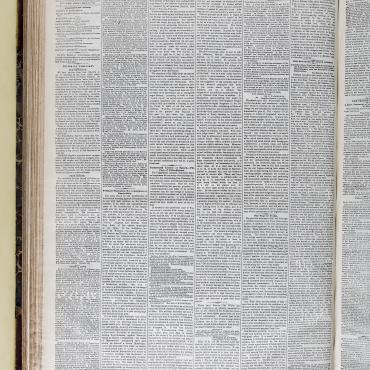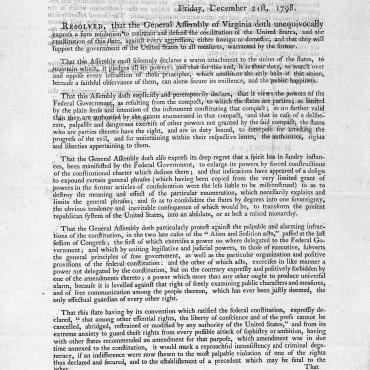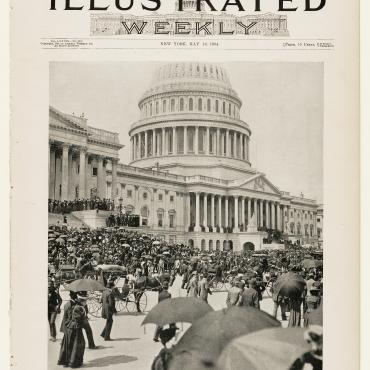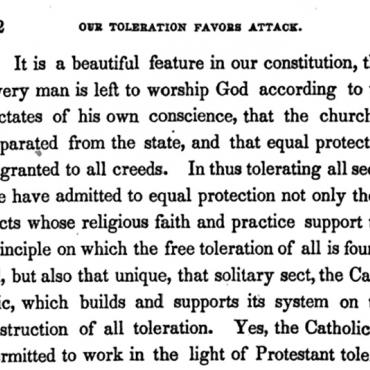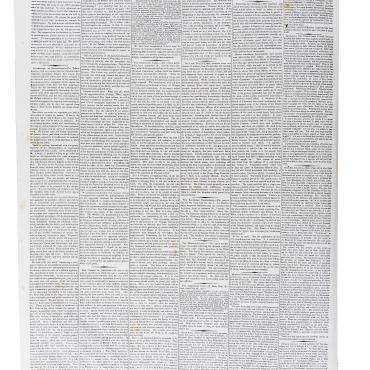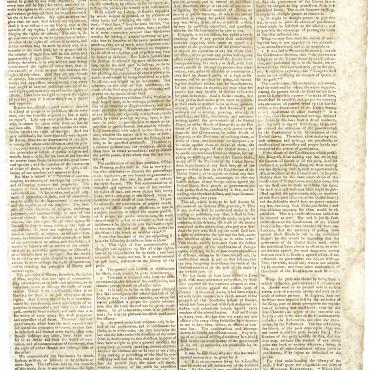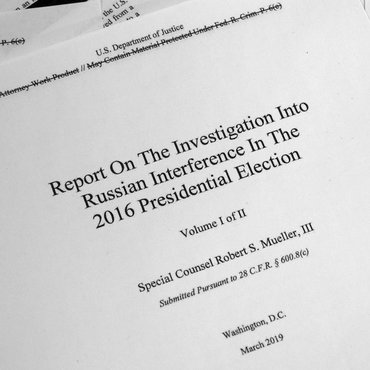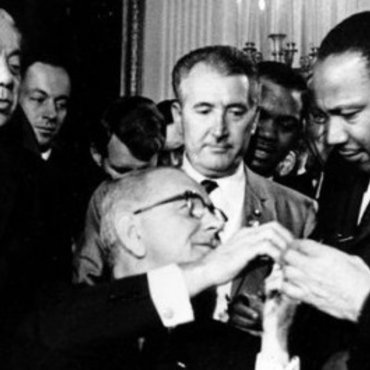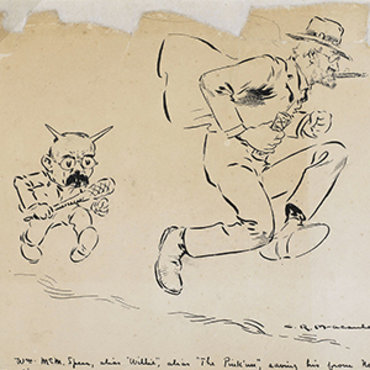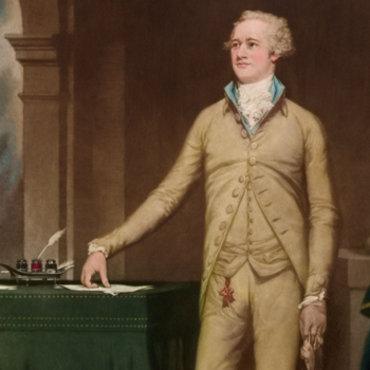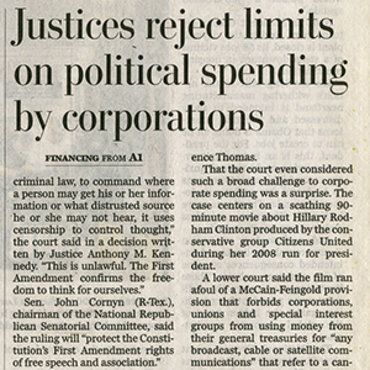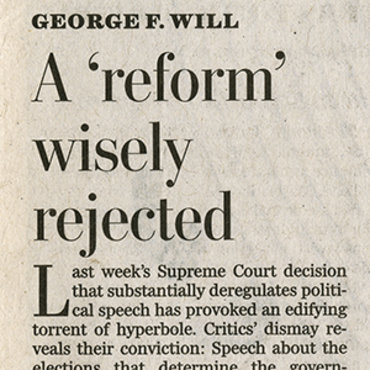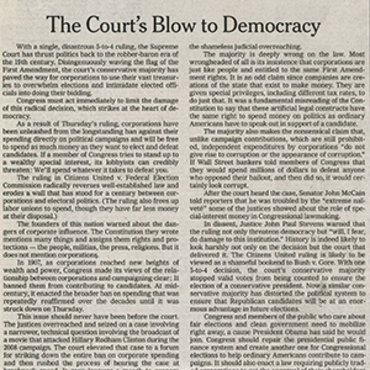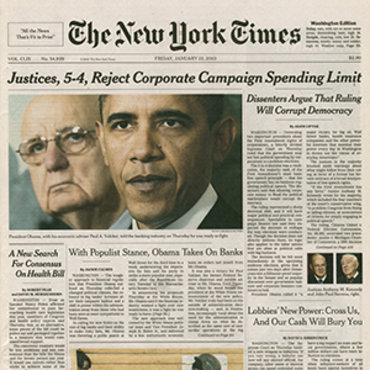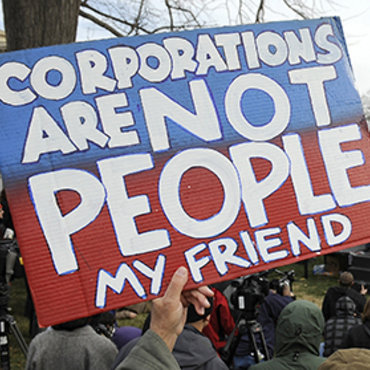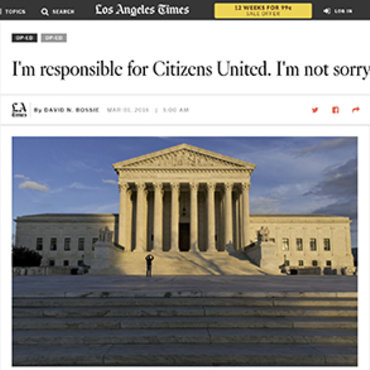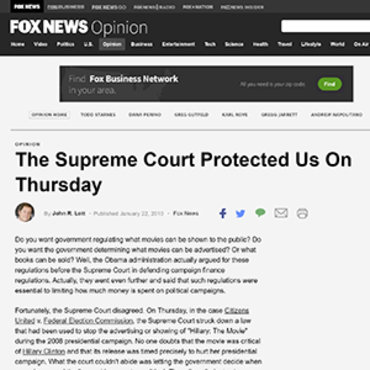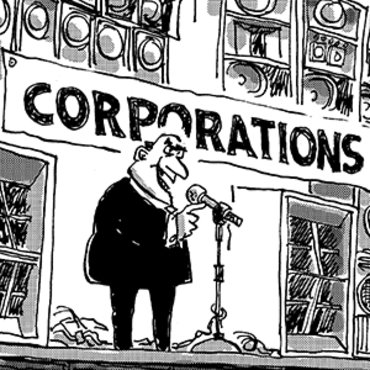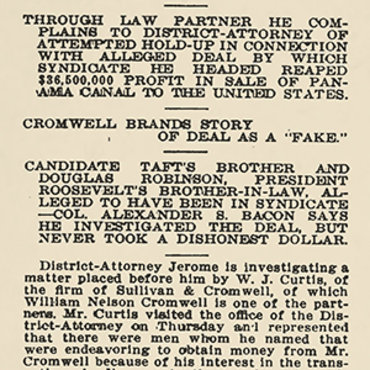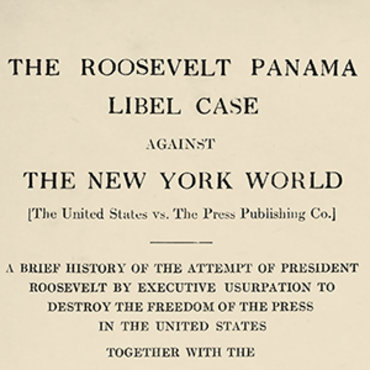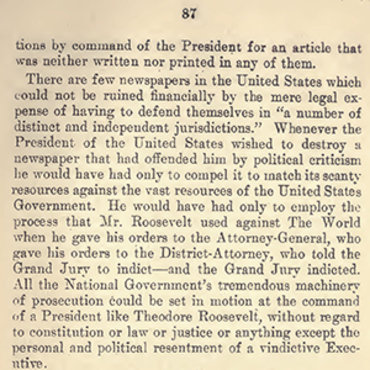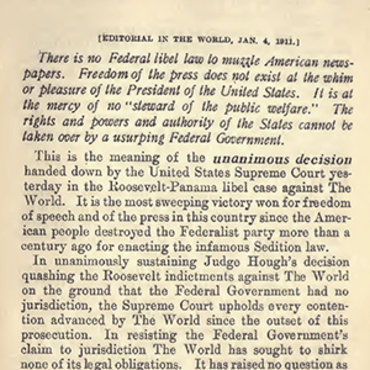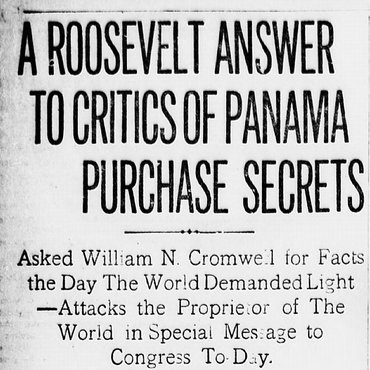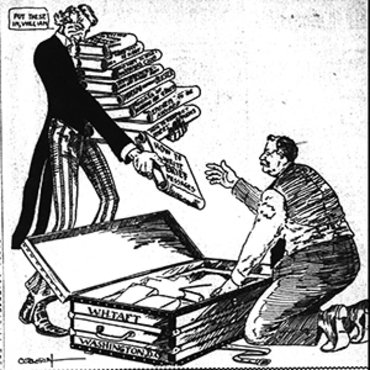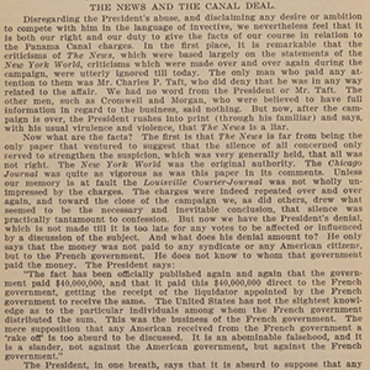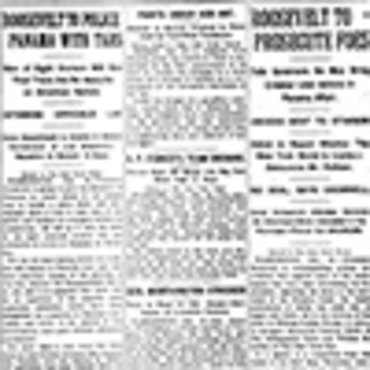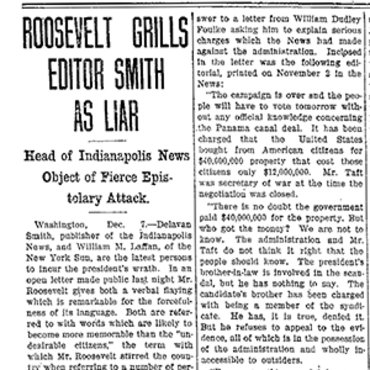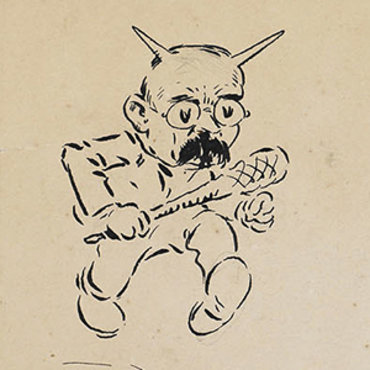1798: Sedition Act Reins in Newly Established Freedoms
Should Congress make criticism of the government a crime for which offenders can be fined or jailed?
Get even more great free content!
This content contains copyrighted material that requires a free NewseumED account.
Registration is fast, easy, and comes with 100% free access to our vast collection of videos, artifacts, interactive content, and more.
NewseumED is provided as a free educational resource and contains copyrighted material. Registration is required for full access. Signing up is simple and free.
With a free NewseumED account, you can:
- Watch timely and informative videos
- Access expertly crafted lesson plans
- Download an array of classroom resources
- and much more!
- Constitution
- National Security
- Politics
- 9-12
- College/University
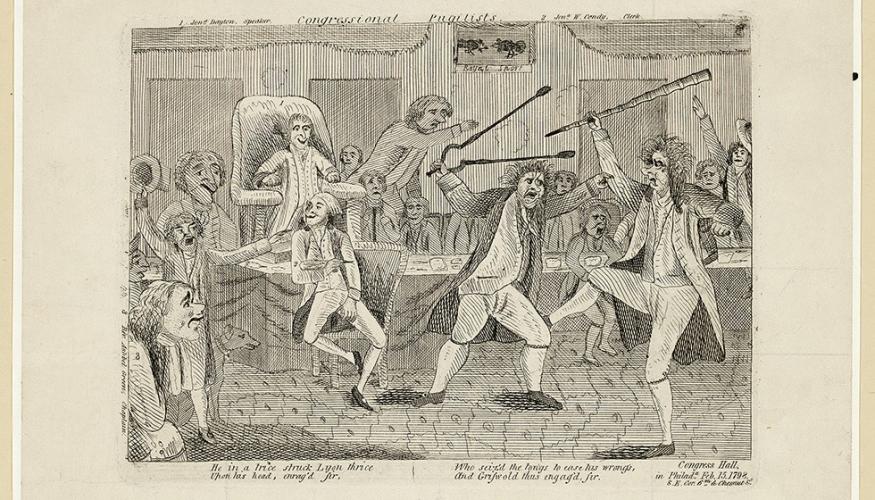
This etching shows two U.S. representatives brawling during a session of Congress in 1798. At the time of this fight, Congress met in Congress Hall in Philadelphia.
- Pass out and read the Sedition Act case study scenario. Check for comprehension and ask students to identify the First Amendment freedom(s) is/are at issue in this case.
- Break your class into small groups and assign each group one of the people/perspectives. Hand out copies of the Organizing Evidence and Present Your Position worksheets. Give groups 30 minutes to look at the primary sources online and answer the worksheet questions.
- Have each group present their position and arguments. Keep the gallery of case study sources on NewseumED.org open so students can refer to the sources as they explain their reasoning.
- Historical case study scenario, one per student (download)
- Organizing Evidence and Present Your Position worksheets, one of each per group (download)
- Case study primary sources (below)
- NewseumED Sedition Act Related Resources Pinterest Board (optional)
Can the government of a young nation limit criticism of its leaders and policies to protect its stability?
Just 10 years after the ratification of the Constitution, the United States faces its first major threat from a foreign nation. By signing an economic treaty with Britain, the United States has angered France, which is locked in a constant battle with Britain to be the most powerful nation in the world.
Anti-French sentiment in the U.S. grows, and the Federalist Party sees an opportunity to take advantage of the public’s anger. They warn of sparking war with France and attack the opposing Democratic-Republican Party (the Republican Party, for short) for being French sympathizers. The Republican Party’s power shrinks.
Then, the Federalist Party pushes a controversial law through Congress. The Sedition Act gives the federal government the ability to prosecute any person who “shall write, utter, or publish … any false, scandalous and malicious writing or writings against the government of the United States … with intent to defame the said government … or to bring them … into contempt or disrepute.” In other words, it makes public criticism of the government a potential crime. Those found guilty can be fined up to $2,000 and imprisoned for up to two years.
As anti-Federalist newspaper editors become targets of the law, prominent Republicans denounce the Sedition Act as a violation of First Amendment freedom of speech and of the press. The fragile new nation is drawn into a tense debate.
Take the role of a historical figure below and find evidence to argue your case.
-
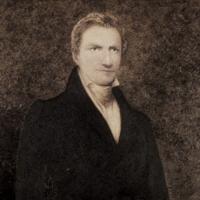 ?
?This is a modern portrait of Matthew Lyon from 1946. Lyon would later represent Kentucky in Congress from 1803-1811.
Courtesy Office of Vermont State CuratorCongressman Matthew Lyon of Vermont
President Adams is power hungry and has gone too far in limiting our freedoms. The Federalists are using this law as a tool to expand their control over our government. The real danger to our new nation is not France, but our own overreaching president.
"Whenever I shall, on the part of the Executive, see every consideration of public welfare swallowed up in a continual grasp for power, in an unbounded thirst for ridiculous pomp, foolish adulation, or selfish avarice … I shall not be their humble advocate."
-
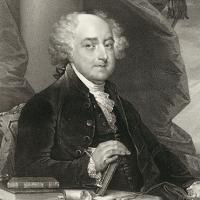 ?
?Pendleton Lithography created this print of Adams around 1825-28 based on a painting by Gilbert Stuart. Stuart painted portraits of many early presidents.
Library of Congress, Prints & Photographs DivisionPresident John Adams
The Sedition Act is unfortunately necessary to protect our young nation from falling apart. We are facing a powerful enemy and must not let critics of the Federalist Party and its policies undermine the stability of our leadership.
"I knew there was need enough of [the Alien and Sedition Acts] and therefore I consented to them. … [T]hey were then considered as war measures."
-
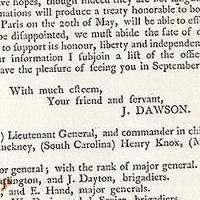 ?
?Rep. Dawson's closing salutation on a letter to his constituents on July 19, 1798, urging them to oppose the Sedition Act.
Library of Congress, Rare Book and Special Collections DivisionCongressman John Dawson of Virginia
The Sedition Act is unconstitutional and undermines important freedoms that we hold dear. I believe the courts will strike it down, but if they do not, it is up to our nation’s citizens to use the power granted them by the Constitution to work to have this damaging law repealed.
"It behoves [sic] you and every citizen to endeavor, in the mode prescribed by the constitution, to obtain [the Sedition Act’s] repeal, as it will have a tendency to curtail one of the first and dearest privileges that we enjoy; that of freely expressing our sentiments on all public men and measures."
-
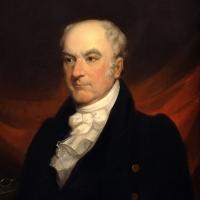 ?
?This oil painting shows Harper, circa 1810-1820. He represented South Carolina in the U.S. House from 1795-180, and served as a U.S. senator from Maryland in 1815-1816.
Courtesy of the Maryland Historical SocietyCongressman Robert Goodloe Harper of South Carolina
The Sedition Act will only block the press from printing speech that could harm society, and therefore it does not violate the First Amendment.
"The true meaning of [freedom of the press] is no more than that a man shall be at liberty to print what he pleases, provided he does not offend against the laws, and not that no law shall be passed to regulated this liberty of the press. … [I]t is perfectly within the Constitution to say, that man shall not do this, or the other, which shall be injurious to the well being of society."
- Does the potential threat of war justify a government limiting civil liberties? Why or why not?
- Does criticizing the government weaken it? Why or why not?
- Why were newspapers publishers and editors the primary target Sedition Act prosecutions? What about made them a potential threat to the government?
- Does a young nation require extra measures to protect its stability and limit dissent? If no, why not? If so, when does it outgrow the need for these extra protections?
-
Common Core State Standards: CCSS.ELA-LITERACY.CCRA.R.1
Read closely to determine what the text says explicitly and to make logical inferences from it; cite specific textual evidence when writing or speaking to support conclusions drawn from the text. -
Common Core State Standards: CCSS.ELA-LITERACY.CCRA.R.6
Assess how point of view or purpose shapes the content and style of a text. -
Common Core State Standards: CCSS.ELA-LITERACY.CCRA.R.8
Delineate and evaluate the argument and specific claims in a text, including the validity of the reasoning as well as the relevance and sufficiency of the evidence. -
Common Core State Standards: CCSS.ELA-LITERACY.CCRA.R.9
Analyze how two or more texts address similar themes or topics in order to build knowledge or to compare the approaches the authors take. -
Common Core State Standards: CCSS.ELA-LITERACY.CCRA.SL.2
Integrate and evaluate information presented in diverse media and formats, including visually, quantitatively, and orally. -
Common Core State Standards: CCSS.ELA-LITERACY.CCRA.SL.3
Evaluate a speaker's point of view, reasoning, and use of evidence and rhetoric. -
Common Core State Standards: CCSS.ELA-LITERACY.CCRA.SL.4
Present information such that listeners can follow the line of reasoning and the organization, development, and style are appropriate to task, purpose, and audience.
-
NCSS C3 Framework: D3.1.6-8 and D3.1.9-12
6 - 8: Gather relevant information from multiple sources while using the origin, authority, structure, context, and corroborative value of the sources to guide the selection. 9 - 12: Gather relevant information from multiple sources representing a wide range of views while using the origin, authority, structure, context, and corroborative value of the sources to guide the selection -
NCSS C3 Framework: D3.4.6-8 and D3.4.9-12
6 - 8. Develop claims and counterclaims while pointing out the strengths and limitations of both. 9 - 12. Refine claims and counterclaims attending to precision, significance, and knowledge conveyed through the claim while pointing out the strengths and limitations of both. -
NCSS C3 Framework: D4.1.6-8 and D4.1.9-12
6 - 8: Construct arguments using claims and evidence from multiple sources, while acknowledging the strengths and limitations of the arguments. 9 - 12: Construct arguments using precise and knowledgeable claims, with evidence from multiple sources, while acknowledging counterclaims and evidentiary weaknesses.
-
ISTE: 3b. Knowledge Constructor
Students evaluate the accuracy, perspective, credibility and relevance of information, media, data or other resources. -
ISTE: 3c. Knowledge Constructor
Students create collections of artifacts that demonstrate meaningful connections or conclusions.
-
National Center for History in the Schools: NCHS.Historical Thinking.4
A. Formulate historical questions. B. Obtain historical data from a variety of sources. C. Interrogate historical data. D. Identify the gaps in the available records, marshal contextual knowledge and perspectives of the time and place. E. Employ quantitative analysis. F. Support interpretations with historical evidence. -
National Center for History in the Schools: NCHS.US History.Era 3
Standard 1: The causes of the American Revolution, the ideas and interests involved in forging the revolutionary movement, and the reasons for the American victory Standard 2: The impact of the American Revolution on politics, economy, and society Standard 3: The institutions and practices of government created during the Revolution and how they were revised between 1787 and 1815 to create the foundation of the American political system based on the U.S. Constitution and the Bill of Rights
-
National Council of Teachers of English: NCTE.1
Students read a wide range of print and non-print texts to build an understanding of texts, of themselves, and of the cultures of the United States and the world; to acquire new information; to respond to the needs and demands of society and the workplace; and for personal fulfillment. Among these texts are fiction and nonfiction, classic and contemporary works.
-
Center for Civic Education: CCE.II
A. What is the American idea of constitutional government? B. What are the distinctive characteristics of American society? C. What is American political culture? D. What values and principles are basic to American constitutional democracy?


